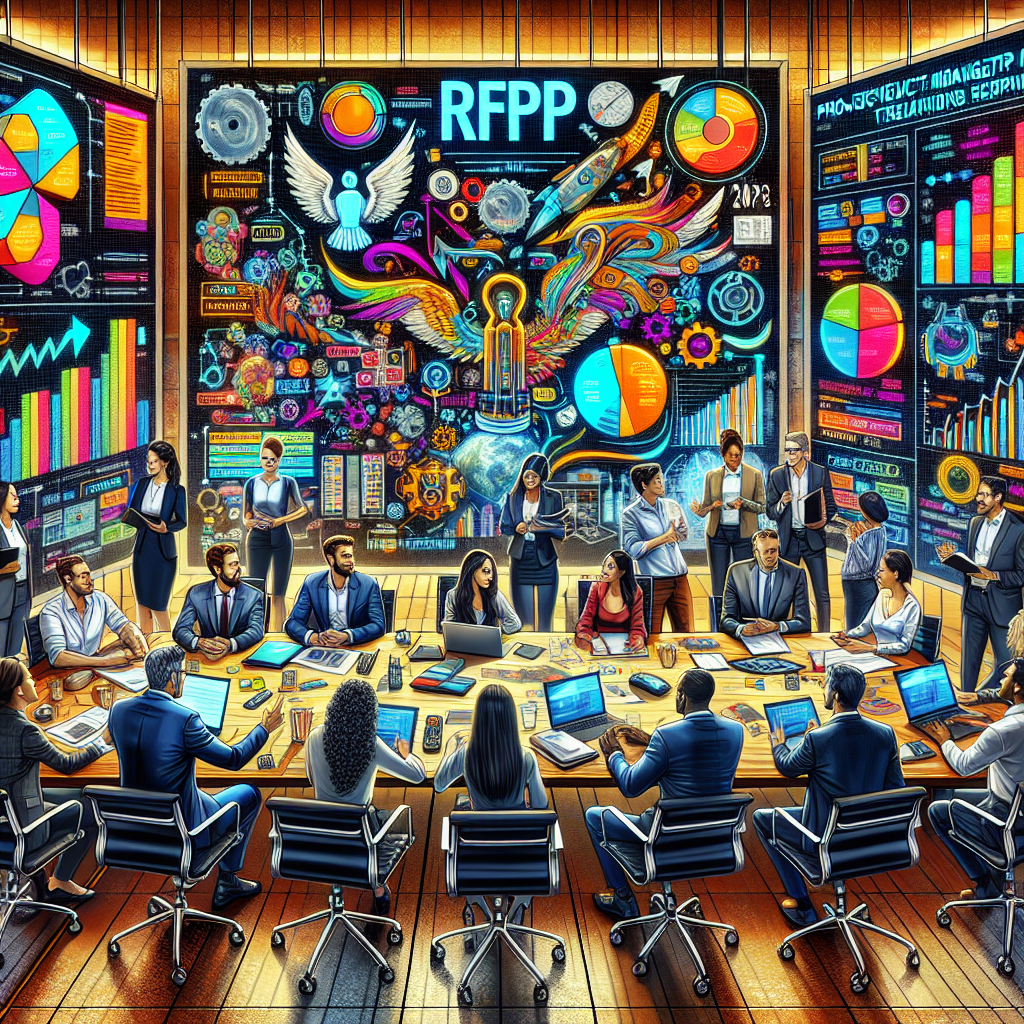Understanding Maryland’s Requests for Proposals (RFPs) for Project Management
In Maryland, Requests for Proposals (RFPs) serve as vital pathways for contractors and project managers to access government projects and build partnerships that enhance public service initiatives. This article delves into the significance of RFPs in government contracting, the importance of transparency and competition, and best practices for crafting compelling proposals. We will also highlight essential resources for project managers to navigate the RFP process successfully.
The Significance of RFPs in Government Contracting
RFPs represent formal solicitations by government agencies to receive proposals from contractors for specific projects or services. Within the context of Maryland, RFPs play a pivotal role in promoting competition, driving innovation, and ensuring that taxpayer dollars are utilized efficiently.
Promoting Transparency and Fairness
Maryland’s procurement laws require that RFP processes are transparent and fair, ensuring that all eligible bidders have an equal opportunity to compete. This transparency helps reduce the potential for corruption and favoritism, fostering trust between the government and its contractors. Agencies must publish RFPs publicly and adhere to strict guidelines in the evaluation of proposals to ensure an unbiased process.
Driving Competition
By encouraging multiple vendors to submit proposals, RFPs harness competition that can lead to better services at reduced costs. Contractors benefit from these competitive dynamics as they can distinguish themselves from competitors by offering unique solutions or value-added services.
Key Components of Maryland RFPs
Effective RFPs encompass several essential components that need to be clearly defined to ensure a successful bidding process.
1. Introduction and Background
This section outlines the purpose of the RFP, the goals of the project, and any pertinent background information. Understanding why the project is essential for the agency helps bidders align their proposals with the agency’s objectives.
2. Scope of Work
The scope of work details the specific tasks, deliverables, and expectations for the project. Contractors must clearly understand these requirements to tailor their proposals effectively.
3. Proposal Submission Guidelines
This section outlines the format, deadlines, and submission methods for proposals, ensuring that all submissions are uniform and can be easily evaluated.
4. Evaluation Criteria
Maryland’s RFPs typically include explicit criteria on how proposals will be evaluated. Understanding these criteria allows contractors to position their proposals favorably.
5. Contract Terms and Conditions
Contractual obligations, including payment terms, performance expectations, and compliance requirements, are usually detailed in RFPs. Familiarity with these terms is critical for contractors to gauge the feasibility of their proposals.
Best Practices for Crafting Compelling Proposals
Winning government contracts through RFPs requires more than just understanding the basics—it also necessitates strategic proposal crafting.
1. Tailor Your Proposal
Each proposal should be specifically tailored to address the unique requirements outlined in the RFP. Generic submissions are less likely to resonate with evaluators.
2. Demonstrate Relevant Experience
Showcasing previous successes in similar projects enhances credibility. Include case studies or references that highlight successful outcomes and satisfied clients.
3. Be Clear and Concise
A well-organized proposal that clearly articulates your approach and solutions can stand out. Avoid unnecessary jargon and provide straightforward answers to the RFP questions.
4. Focus on Value Proposition
Articulate how your solution will provide value to the agency. Highlight cost-effectiveness, innovation, and how your services align with the agency’s goals.
5. Engage Supportive Resources
Consider leveraging consulting firms or mentors who specialize in government contracting. They can provide valuable insights and feedback on your proposals.
Resources for Project Managers in Maryland
Several resources are available to assist project managers in navigating RFPs and enhancing their contracting capabilities.
1. Maryland Department of General Services (DGS)
The DGS website contains a wealth of information on procurement policies, upcoming RFPs, and training resources for contractors.
2. Maryland Procurement Technical Assistance Center (PTAC)
PTAC offers workshops, one-on-one counseling, and additional resources specifically aimed at helping businesses succeed in government contracting.
3. Networking Opportunities
Engagement with industry organizations and attending government contracting events can also provide valuable insights and networking opportunities to strengthen proposals.
Conclusion
Understanding Maryland’s RFP process is crucial for contractors and project managers seeking to engage in government projects. By promoting transparency, ensuring competition, and following the best practices outlined in this article, contractors can significantly enhance their proposal submissions and improve their chances of securing valuable government contracts. As the landscape of

